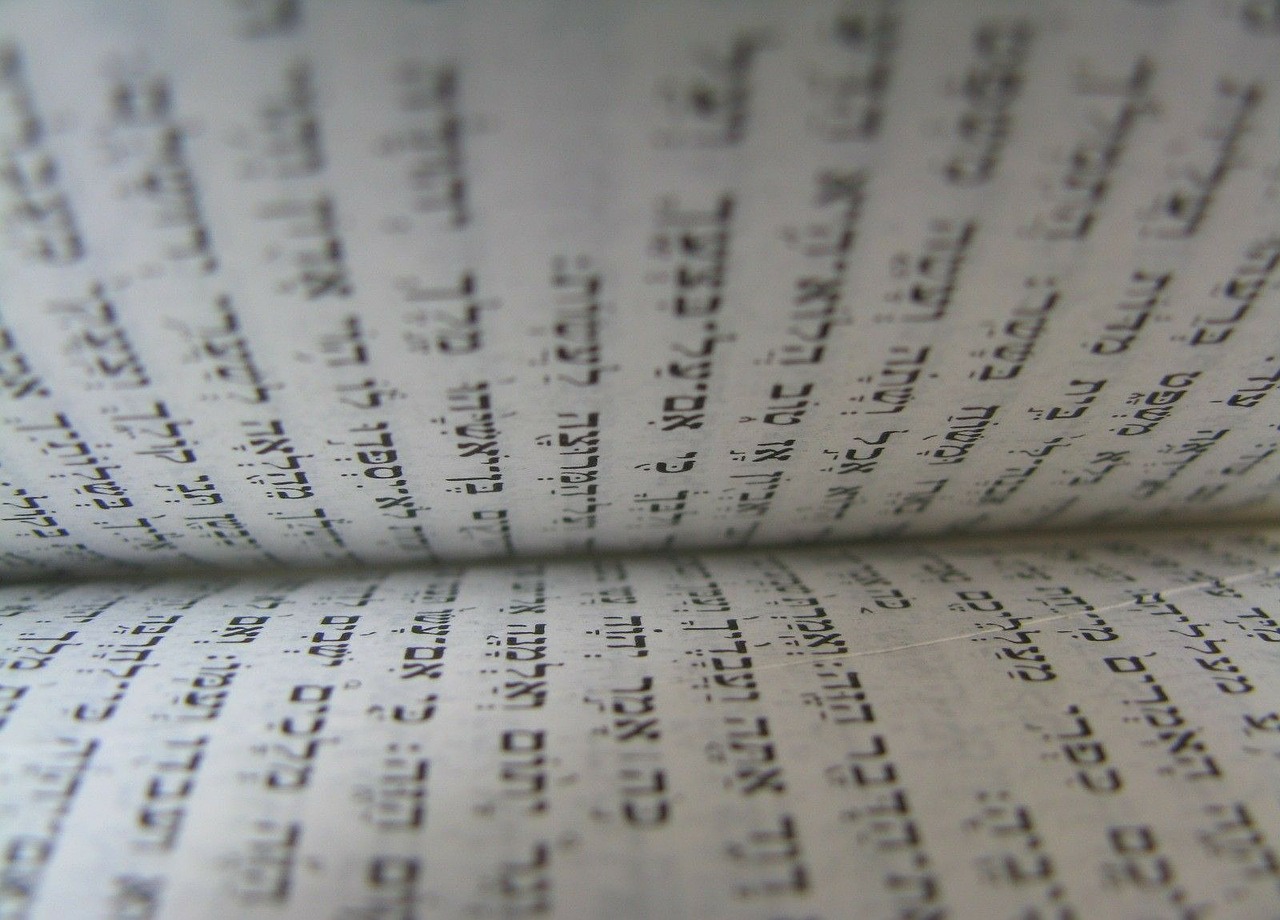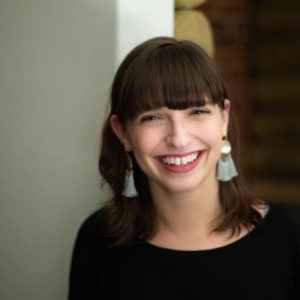Our Jewish ancestors have been remarkably present in recent days. The brave activists of Never Again Action have repeatedly invoked the experiences of their survivor relatives and the Jewish collective memory of the Holocaust as they work to shut down ICE and protest the violence perpetrated against immigrants at the border and across the United States. It is profoundly powerful to see these actions framed in the context of Jewish history and experience, and it is deeply impressive to see the impact this activism has already had, making appearances in major national outlets within days of the first actions.
We have, however, an even deeper well to draw from when we turn to our Jewish collective memory for inspiration; we can turn to the Torah itself to see brave people fighting injustice.
In a parsha (Torah portion) that was read recently in Jewish communities around the world, Pinchas, we meet Machlah, Noah, Choglah, Milcah, and Tirzah. These five women are the daughters of a man named Tzelofechad. Tzelofechad has died as the Jewish people travel through the desert, which has left his daughters with a problem: parcels of land in the Land of Israel, which the Children of Israel are about to enter, are being distributed, and the distribution is based on male heads of household. With no brothers, the women will be left without a place to live, as their household lacks a male head. Facing this injustice — which matters to them materially as well as in principle — the women set out to fight for themselves.
The sisters do not make their stand quietly. Rather, they come before “Moses, Eleazar the priest, the chieftains, and the whole assembly, at the entrance of the Tent of Meeting” (Numbers 27:2) and demand a land holding with the rest of their tribe. This is a bold demand, made before every powerful person in the community. The Children of Israel and their leadership are made to confront the women, standing there, asking for radical change in the very structure of their society.
The time it takes for Machlah, Noah, Choglah, Milcah, and Tirzah’s protest to have an impact is shorter than that of any protest I’ve ever seen. Moses asks God about their claim and God validates it, and then teaches Moses new inheritance laws to share with the Israelites, laws which account for the situation in which a father leaves behind daughters but no sons. Though in a later parsha this victory is somewhat qualified — the daughters of Tzelofechad are made to commit to marrying men only from within their own tribe, so the land doesn’t pass on to other tribes’s possession — their protest is nevertheless heard, and elevated into Torah. Their complaint is not resolved individually, but instead inspires new laws for everyone. The five women demand a new reality and thus create it.
Those who stand against Moses and demand change are not generally looked upon kindly by the Bible. A few weeks before Pinchas, the parsha was Korach, about the eponymous rebel who claimed it was unfair for Moses and Aaron to have more power than the rest of the Jewish people. But Korach was one man, rabbinically said to have staged his rebellion as a power grab only for himself. The daughters of Tzelofechad, on the other hand, stand united as equals. The prolific medieval commentator Rashi teaches that while the names of the five sisters are listed one way in this text, later on in Numbers their names are written in a different order, to indicate that they were all equal. These women, in their protest, stood shoulder-to-shoulder in confronting power and demanding justice, and in their merit, the word of God itself changed.
In addition to confronting the horrors of ICE and CBP, recent Never Again protests have in many ways confronted powerful players within the institutional Jewish community. They take on — largely implicitly but sometimes explicitly — those within the Jewish community spending time hand-wringing over the appropriateness of analogies rather than fighting conditions that are leading to the deaths of children. This dynamic can look like often younger organizers taking on the mainstream Jewish community as outsiders.
We learn from the five sisters that standing shoulder-to-shoulder against injustice, even when that involves confronting those who are powerful within our communities, does not put us outside of those communities. Protest does not remove us from our Jewish people. Machlah, Noah, Choglah, Milcah, and Tirzah are our ancestors, too. Standing for what is right can create new Torah, can change the fabric of the world entirely, and in the process make us integral to that new world. We ourselves are someone’s ancestors; the Torah we build now will one day be taught to them.
Avigayil Halpern graduated from Yale University in May and is beginning study toward rabbinic ordination at the Hadar Institute. Follow her on Twitter at @avigayiln.
Featured photo credit: Pixabay.com/Republica.

